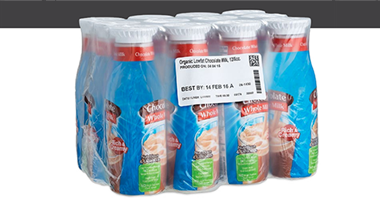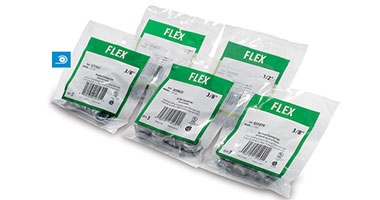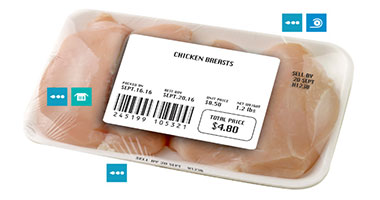Blister packaging, widely used for packaging of small consumer goods, pharmaceuticals, and food products. It consists of a pre-formed plastic cavity or pocket, sealed with a backing of paperboard, aluminum foil, or a combination of materials. Benefits of using blister packaging includes product protection, tamper resistance, and displaying the product more attractively.
What are the different applications of Blister Packaging?
Pharmaceuticals: Packaging tablets and capsules. It protects the medication from environmental factors and provide tamper-evident seal.
Consumer Goods: Batteries, toys, and electronic components are often packaged in blister packs.
Food Products: Blister packs used for packaging individual servings of food items, maintaining freshness, and extending shelf life.
Marking and coding on Blister Packaging
Printing on blister packaging play an important role ensuring traceability, authenticity, and regulatory compliance. These involves printing information directly on the blister pack. It includes printing unique data on each package, such as serial numbers, barcodes, and QR codes.
Methods of Marking and Coding
Continuous Inkjet Printer (CIJ): It is ideal for high-speed production lines
Laser Marking Machine: It is highly durable, tamper-evident, and suitable for permanent markings. It uses focused laser beam to etch information onto the packaging material directly.
Thermal Transfer Overprinting (TTO): It uses heat to transfer ink from a ribbon onto the substrate. TTO is known for its high-quality prints and is commonly used for variable data printing.
Related Articles
Suggested Solutions
Categories
Contact Us
Sales and Marketing contact:
9:30 AM – 6:30 PM (Monday – Friday)
Service and Technical support



